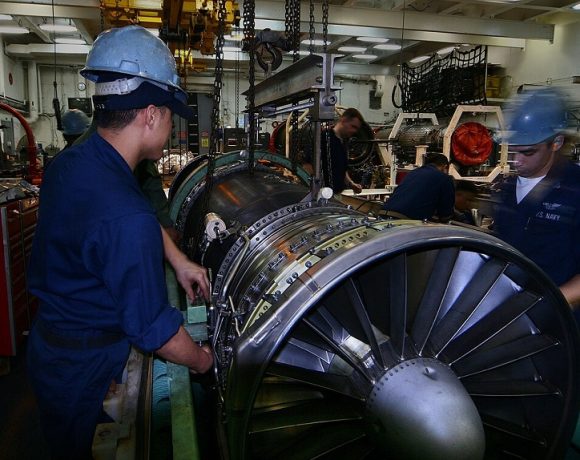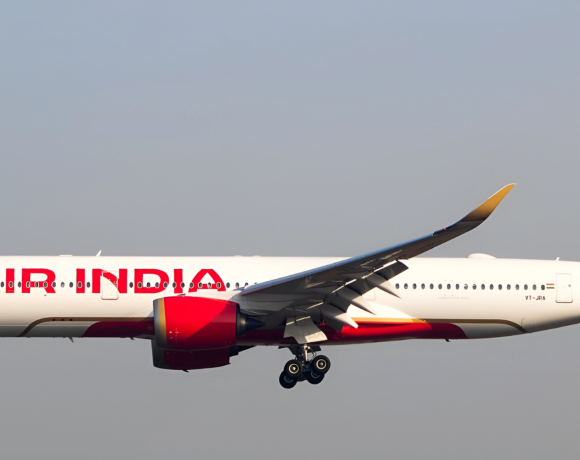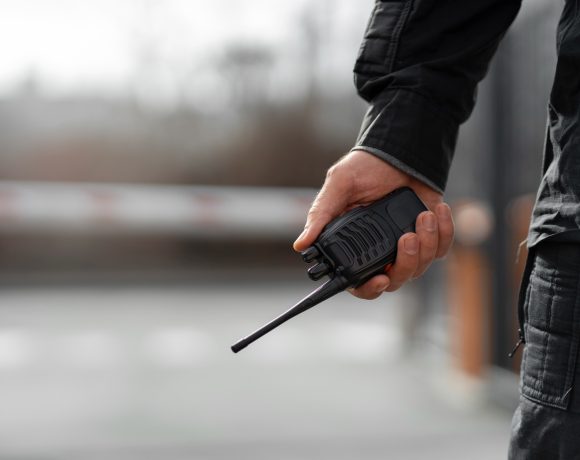
DGCA Issues Safety Guidelines for Boeing 737 Aircraft Operators
The Directorate General of Civil Aviation (DGCA) has released interim safety guidelines for Boeing 737 operators in India following concerns over a potential rudder control system issue.
This move comes in response to a recent US National Transportation Safety Board (NTSB) Aviation Investigation Report that highlighted risks involving Boeing 737 airplanes equipped with Collins Aerospace SVO-730 Rudder Rollout Guidance Actuators.
Safety Concerns Raised Over Rudder Control System
The NTSB report indicated that Boeing 737 aircraft with the specified actuator model could experience a jammed or restricted rudder control system, posing a safety hazard. The DGCA has issued a set of directives to address this risk and ensure the safety of operations involving these aircraft.
Key Safety Recommendations by DGCA
To mitigate the potential risks, the DGCA has implemented the following interim measures for all Indian operators of Boeing 737 aircraft, effective immediately:
- Issuance of Advisory Circular: All flight crews must be informed about the possibility of encountering a jammed or restricted rudder control system. Appropriate procedures and mitigations should be communicated to help crews identify and manage such situations effectively.
- Conduct Safety Risk Assessment: Operators are required to conduct a comprehensive Safety Risk Assessment to evaluate and reduce the risks associated with the rudder control system.
- Discontinue CAT III B Operations: All Category III B approach, landing, and rollout operations (including practice or actual autoland) must be suspended until further notice.
- Mandatory Training Sessions: Discussions about potential rudder control system issues must be included as mandatory topics during recurrent training sessions and Instrument Rating/Proficiency Checks (IR/PPC) conducted in pre-simulator briefings.
- Recurrent Training Exercises: Specific exercises simulating scenarios involving a jammed or restricted rudder control system, including rollout procedures, must be incorporated into training programs. Flight crews should practice appropriate responses and mitigations during these sessions.
Ensuring Enhanced Safety Measures
The DGCA emphasized that these interim measures aim to enhance safety and ensure that flight crews are adequately prepared to handle potential rudder control issues. The regulator noted that detailed operational guidance from Boeing and the Federal Aviation Administration (FAA) is expected, and these interim directives will be in place until further recommendations are issued.
The safety guidelines reflect DGCA’s proactive approach to addressing potential risks in aviation operations, safeguarding the interests of passengers and flight personnel alike.


















